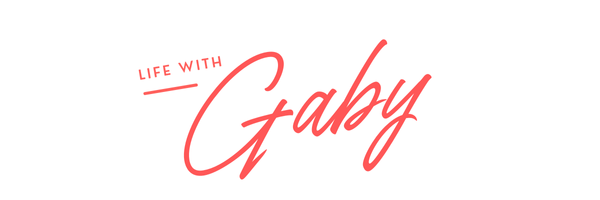Every one of us is built differently. We each have unique needs, so the idea that there is one diet that works for everyone is not realistic.
In order to learn what our needs are, we have to learn to trust ourselves and listen to our bodies, which is not always easy to do. Because the mind and body are one in the same, but the mind is often much louder than the physical body – mindfulness and meditation are huge tools in helping quiet the mind to be able to listen to the body.
By looking for answers outside of ourself, we create extra stress and are constantly thinking about what we should be doing rather than tuning into what our body needs, and that stress causes out bodies to struggle with digesting and using the energy efficiently from what we are eating.
Our needs change as we go through life, so it can be challenging to learn how to properly nourish ourselves, but over time we can start to pick up on things more easily and it becomes second nature.
It can be helpful to read books or articles about different ways of nutrition, and maybe some will resonate more with you. Those can be good places to start experimenting with what works for you. I encourage you to check in with yourself often to see if what you are eating and when is making you feel satisfied and healthy.
I personally believe in going back to the basics of nutrition: eating mostly whole foods, cutting out processed foods as much as possible, and slowing down and savoring the food you eat. More and more it seems like people are eating on the go, rushing to get fast food or convenient food, or eating as quick as possible to get on to the next thing they have to do.
Obviously, not every meal can be a nice sit down experience with loved ones, but we can aim to do it more often. If you are eating by yourself, you can also make an effort to slow down. There are studies that show being grateful and mindful towards food actually makes it taste better – like this one that talks about our attitude towards food.
*Take a deep breath before you start eating
*Set your food or utensil down in between bites
*Take a moment of gratitude for the food you have and yourself or whoever took the time to prepare it.
*Stop eating when you’re not quite full yet to give your brain time to catch up to your stomach
*Focus on adding good foods to your plate rather than taking away
*Notice if you often eat based on your emotions rather than being hungry (sad, bored, happy, angry, etc)
I am guilty of standing at the counter trying to eat a snack as fast as possible so my insatiable toddler doesn’t see me and try to get it, but I always feel more satisfied and calmer when I take the time to actually enjoy my food and the time I spend eating it.

A good way to practice this lifestyle is the 80/20 principle. Focus on eating balanced meals 80% of the time. That leaves 20% of the time to either indulge, go out to eat, have a drink, or use more convenient options to make life easier.
This can be used in any area of your life – consistently choosing habits 80% of the time that help create your best self allows for 20% of the time for life to happen or to choose something that may not align with your goals but can still be a part of your journey.
I am very diligent and make a solid effort to prepare and eat whole foods, but I know I struggle with eating a lot of sweets – I don’t have a problem with chocolate, I have one without it.
Eating more protein definitely helps my sugar cravings, but it can be hard for me to always get enough throughout the day. I’ll have a protein shake during the day instead of reaching for something high in sugar. Kachava is my favorite brand I’ve tried, and I have tried a lot. Sometimes I’ll even have one after dinner to satisfy my sweet tooth.
We should care about what we are fueling our bodies with. What we eat and drink is literally what we become. How we eat, how we move, how we think are all connected. If we fail to take care of ourselves in one aspect, we can’t become the best most balanced version of ourself.
Side note: If you’re really interested in learning more about nutrition, I would recommend taking the Institute for Integrative Nutrition Course. I took it with the goal of becoming a health coach, but even if you don’t want to be a health coach, there is so much useful information in the course, and it’s really interesting. There is a book called “Integrative Nutrition,” by Joshua Rosenthal who is the founder, and that explains the philosophy behind the school. I would recommend reading it before you decide.
Plus, they have lot of additional courses you can take after completing it. I have a referral link, and use the code GABRIELLELACORATAXIIN to get a discount if you sign up!









